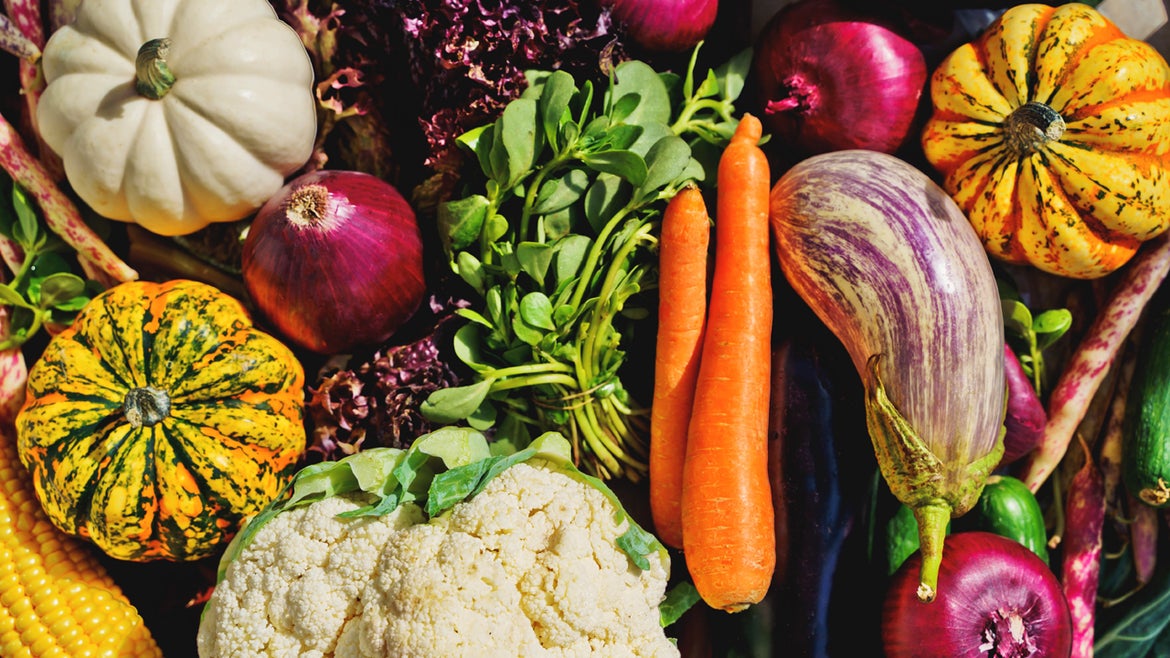Lauren Schroeder, a high school junior and two-time national grant winner with Future Farmers of America, started a food drive during the COVID pandemic because she noticed there wasn’t enough produce being given to the community, KWQC reported.
An Iowa high school student has grown and donated 7,000 pounds of produce to local food charities in her area with an estimated value of $15,000, according to reports.
Lauren Schroeder, a junior at Calamus-Wheatland High School and a two-time national grant winner with Future Farmers of America, started a food drive during the COVID pandemic because she noticed there wasn’t enough produce being given to the community, KWQC reported.
She told the Washington Post that there were plenty of canned and boxed goods, but she didn’t see anything fresh or green vegetables for those in need.
“I thought it would be great to change that,” the 17-year-old told the Washington Post. “I wanted people to get the nutrition they needed from fresh vegetables.”
Last year, her family provided her with a half-acre of land to start her own garden and after being awarded a grant from the Future Farmers of America, she was able to expand her garden to a full acre, KWQC reported.
The garden, which has a protective fence to keep out pests, includes over 20 types of produce including tomatoes, potatoes, peppers, squash, cauliflower, zucchini, broccoli, herbs and others, KWQC reported.
In the last two years, she has donated 7,000 pounds of vegetables to her community that she grew all on her own, according to MyStar106.
“I wanted to have something that would impact people and not just go show cattle,” the teen told KWQC. “I want to impact community members. Many people help you out, but it makes more difference when you help other people out. That’s what makes me most happy.”
Schroeder plans to continue expanding her garden and hopes to donate 20,000 pounds of produce by the time she goes to college in 2025, MyStar106 reported.
“It was a really good feeling to know that anyone who wanted fresh vegetables would be able to get them,” she told the Washington Post.






